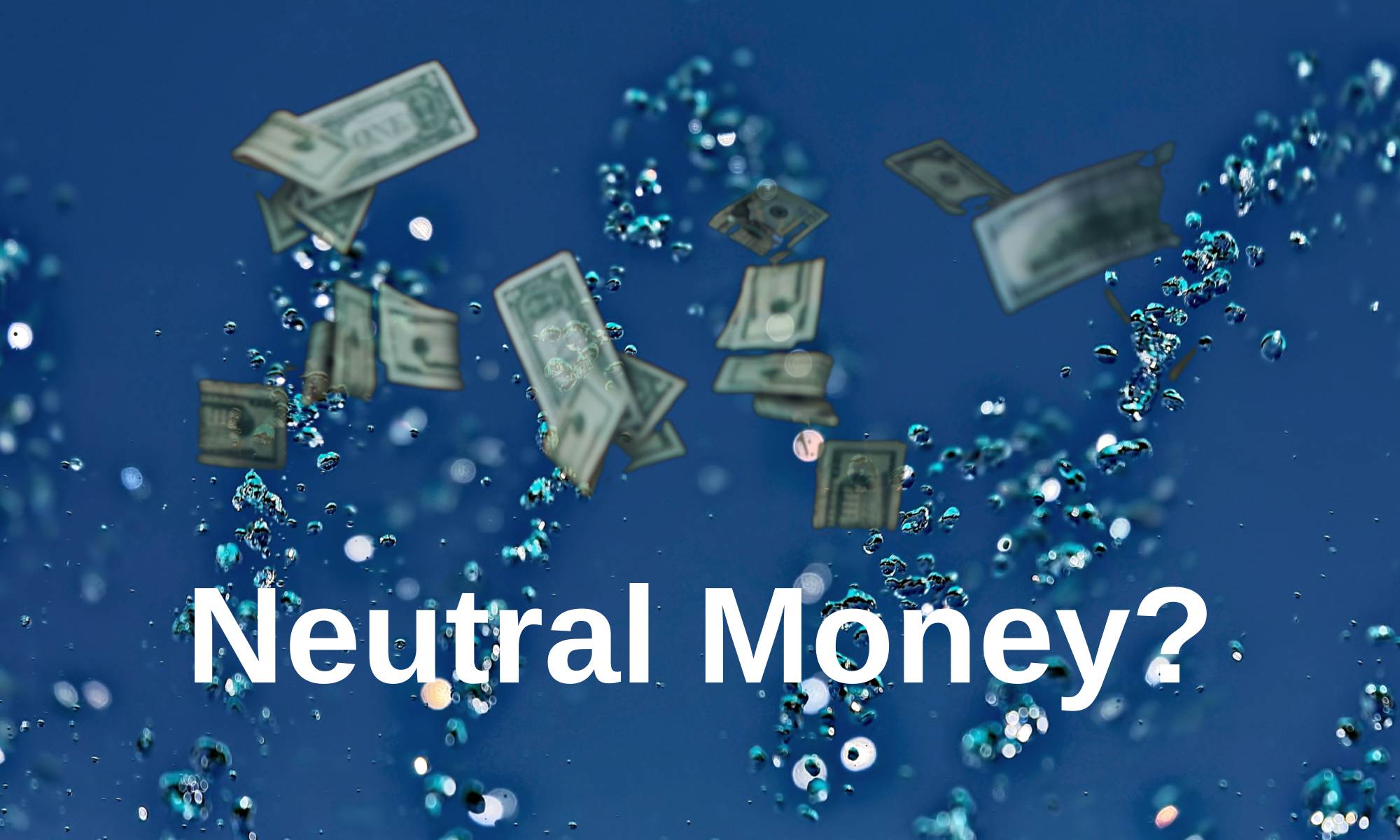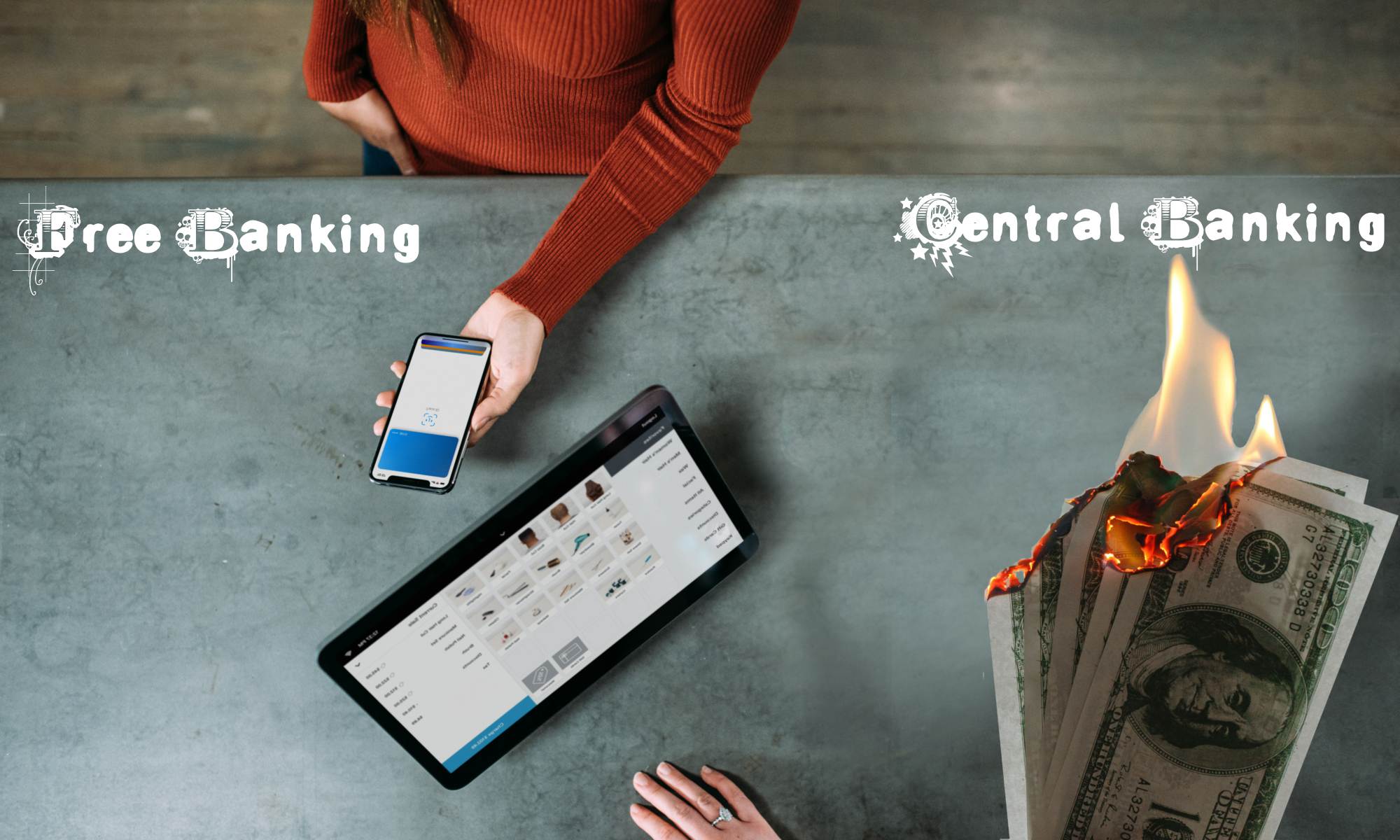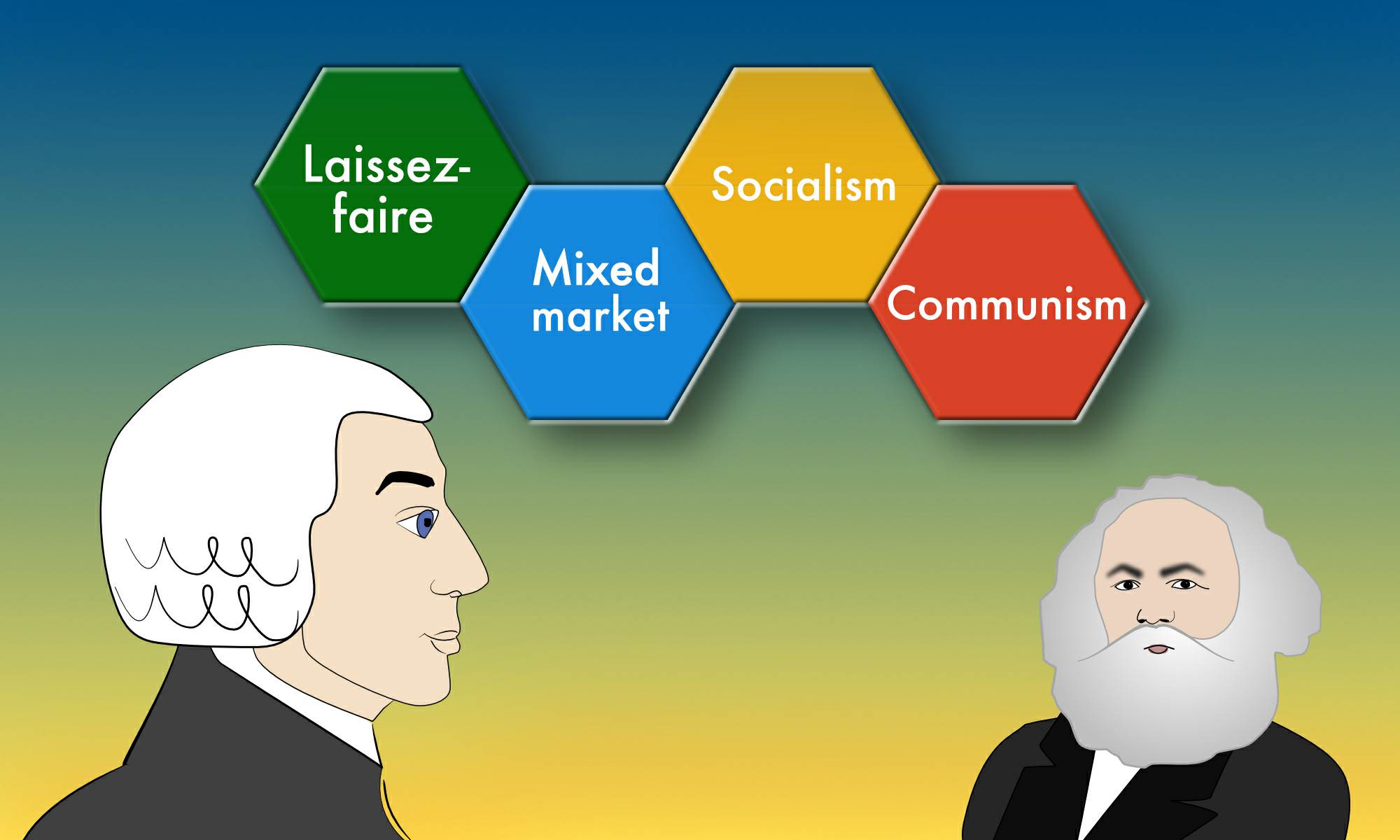Category: Economics
-
High Inflation and High-Interest Rates Explained
Although in historical context, interest rates and inflation that exist today are not comparable with the experience in the 1970s (I remember interest rates over 20% under Paul Volcker and inflation over 12%), compared to the data of the last 30 years, rates and inflation are high. Theory teaches interest rates and the price level…
-
Why Deflation Is Good and Which Economists Support Letting Prices Fall
The question should be, is inflation ever good? Deflation increases household income as prices go down. When the price of gas, food, or clothing decreases, ceteris paribus household income increases because expenditures are less monthly. The result is more disposable income and more savings. More savings equals more investment and long-term planning for productive endeavors.…
-
Solution to Budget Deficits
Budget deficits occur when a government spends more money than it receives in revenue. If this persists over a long period, it can lead to a buildup of debt and a higher debt ratio to GDP. Let’s look at how this affects the economy as a whole. Why Deficit Spending is not Optimal One of…
-
Statistical Surveys and Non-Response Errors
Survey Non-Response The purpose of this post is to address the concepts and issues behind non-responses in the survey. When economists or any researchers are collecting data for an academic or statistical study, non-response is becoming a more prevalent issue. Hence data collection needs to adapt to societal changes to maintain a level of academic…
-

Can Money be Neutral?
Central banks pursue a policy of money neutrality. Except when they are seeking a monetary policy to steer the economy. Money neutrality means money has no impact on supply and demand in the real sector. That is, money is just a veil or a cloak. Money’s influence and function are to serve as a medium…
-

Multiple Natural Rates of Interest – Pierro Straffa
The natural rate of interest is a rate of interest is a rate of interest that exists in natura, that is, if there were no use of money. The Wicksellian marginal productivity on capital in a barter economy. This posts looks at the significance of multiple natural rates and offers one avenue to pursue for…
-

Free Banking as an Alternative to the Federal Reserve
Free banking compared to Central Banking Free banking is money that is issued by free-market private banks with minimal regulation and clear market rules in a competitive environment. Free banking has worked throughout history, yet for ideologically derived and fiscal expansion reasons it is jettisoned for government-controlled money. The idea is a few intellectuals know…
-

The Real Meaning of Laissez-Faire
Laissez-faire is an economic philosophy that literally translates to ‘let do’ or ‘let go.’ It generally means ‘leave it alone’ in reference to economic policy. Laissez-faire is an import word from the French because the genesis of modern economic thought connected to these ideas was physiocrats in the 18th-century. However, these ideas go back to…
-
What are the Causes of Inflation?
Inflation is a monetary phenomenon. Inflation can be defined as an aggregate increase in the prices or a decrease in the purchasing power of money. A price level change can be sustained or temporary. Inflation is sustained. Increases in the price level from exogenous shocks do not continue to increase prices generally. In contrast, when…
-

Keynesian vs. Austrian Business Cycle Theory – Explained
I often ask my class to compare the Keynesian explanation for the business cycle compared to a monetary or Austrian explanation of a business cycle. I am primarily looking for the theory, rather than policy recommendations. I am looking for objectivity and positive economic analysis. Here are my class notes summarized in pdf. If you…